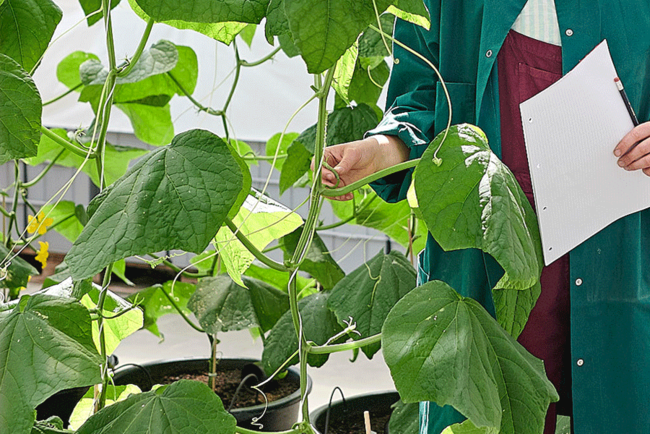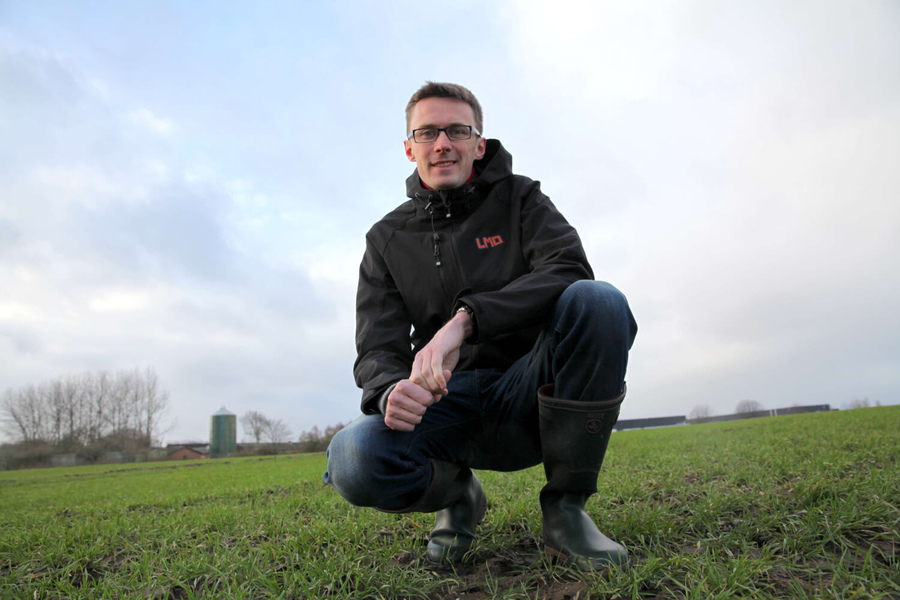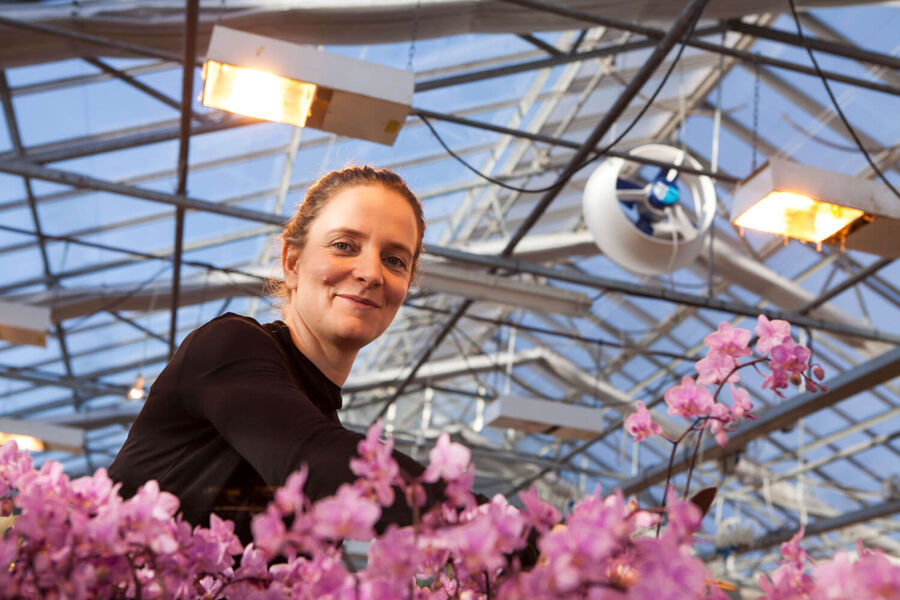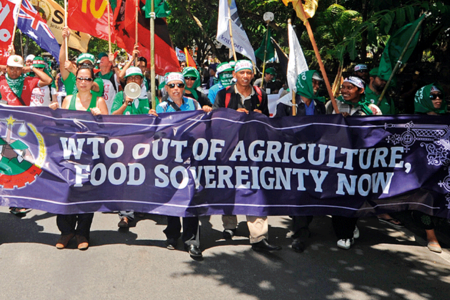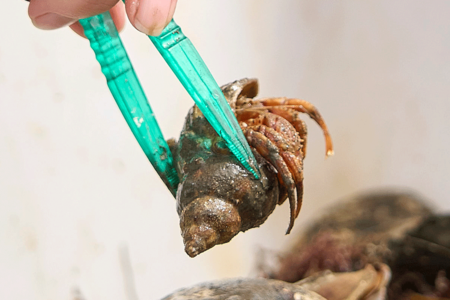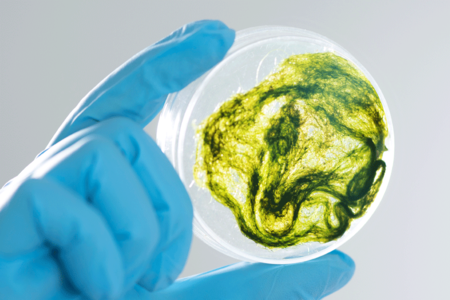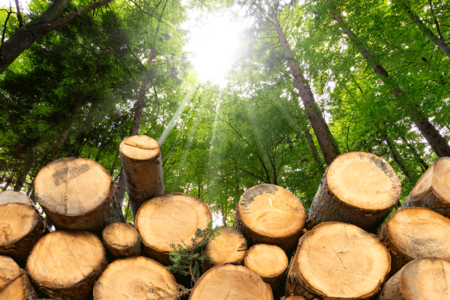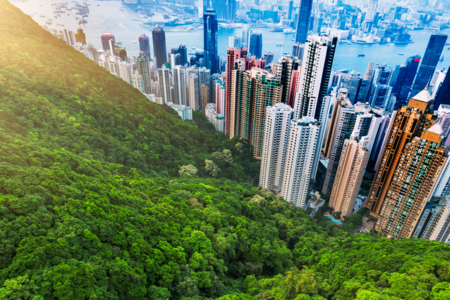Why did you choose Agriculture?
Agriculture was attractive to me because it is about biology, but with a commercial angle. I also found the plant science element really interesting.
I’ve always been interested in agriculture and in plants and nature. I did some interesting projects in upper secondary school where we looked at photosynthesis and the physiology and anatomy of plants. I wasn’t keen on studying for six years and then getting a job behind a desk. Agriculture made it possible to get a job where you get outside, with a pair of wellies in the boot of the car, which also appealed to me.
What do you learn on the agriculture programme?
I have a bachelor’s degree in Natural Resources with a specialisation in plant science. We typically had subjects like basic chemistry and soil science. On the master’s programme you look more at the broader perspectives, and try to combine the courses you did on your bachelor’s programme. You also do a number of more specialised subjects, in fields like chemistry, biochemistry, genetics or genetic engineering – or holistic subjects looking at ecosystems, landscape systems and the relationship between nature and business.
What did you do your master’s thesis on?
I went to Thailand and interviewed rice farmers about their fertiliser budgets, to see if they were sustainable. I visited both conventional and organic farms, and looked at their strategies for surviving and making money. This was inspired by a course on ecology. As a result of the trip, I’m currently an active member of Organic Denmark’s Global Organic Committee, which works with organic farming in the developing countries. They have similar development projects in countries like Uganda, for Danida.
You now work at LMO in Horsens. What does LMO stand for?
LMO is no longer an acronym. Originally it stood for ‘Landbrug Midt Øst’ (Agriculture in Mid-East Jutland). Today, we’re simply LMO Consultants. It’s an independent company owned by the agricultural associations. We pay dividends back to our owners, but we are owned by many of our customers, so our goal is not to make a lot of money but to provide the best consultancy.
What does the work involve?
It’s incredibly varied. It changes with the seasons. During the summer I do pre-harvest visits, walking through the fields with the farmer. I look for any unchecked weeds, and at the crop rotation, and whether he should use cover crops such as oilseed radish or white mustard to bind nutrients in the soil. The Danish Agricultural Agency requires farmers to do everything they can to reduce nitrogen leaching into watercourses and lakes.
In autumn we look at the sowing. In the winter we look at the fertiliser accounts and field planning, which means planning which fertilisers the farmer should use and where he should spread the liquid manure. There’s a lot of paperwork in the winter.
From mid-March to July we spend a lot of time in the fields looking at weeds and fungi. Why are the crops not growing optimally? Do they need fertiliser? So we go out and offer advice to farmers. It’s very varied. We work with very different things, depending on the season. For example, lice in winter wheat is only a problem for a very short time in the course of the year.
How many people work at LMO?
We have offices in Horsens, Søften near Aarhus, Viborg and on the island of Samsø. There are 450 employees in total, of whom approx. 120 are based in Horsens. Our specialty in the crop production department is to provide all the advice farmers need on things like fertiliser accounts, field planning, EU applications and field consultancy, as well as courses.
We also have experience-exchange groups for farmers, and we distribute newsletters with market information and news on a range of topics. We cover everything related to crop production. Our second-largest department is the one that offers tax and accounting advice. But there is close contact between all departments – we can cater to the customer’s full range of needs.
There are plenty of opportunities to specialise – e.g. in machinery, grass seed or organic farming. My job profile is still evolving. My customers are primarily pig farmers and part-time farmers, who mostly grow grain and canola.
Did you feel well equipped to enter the corporate sector?
I gained a basic understanding of the profession at university. You don’t learn specific rules and laws etc., but you learn to understand how things are connected and see things in context.
When you get out into the real world, there are many different practical things to get to grips with, depending on the season – so you have to experience it a few times. But my colleagues understand that it takes some time to learn everything. For the first six months I had a close colleague, a mentor, whom I accompanied in the field and observed. The company had done a very good onboarding plan.
As a student you think: can I handle it? I did a six-month internship at SEGES, and it gave me a lot of professional confidence. I realised that I was able to apply what I had learned. It’s a good idea to do an internship in a commercial company, and to do a bachelor project. LMO often has student assistants working in our experimental department.
Is it difficult to get a job?
Fortunately it was not difficult for me to get a job, and my fellow students also found jobs relatively fast. It depends on whether you are willing to relocate. If you want to work in agribusiness, e.g. dry goods, plant breeding, chemical companies or agricultural consultancy, the job prospects are fairly good. You can also teach at agricultural colleges or work in municipal environmental departments, or in the Danish Agricultural Agency as a management consultant.
You will be competing with biologists for the jobs in the municipalities and the Danish Agricultural Agency. But in the agricultural consultancy sector, you have a competitive advantage as an agronomist.
Would you recommend the programme to others?
Definitely. It’s a really great place to study, the teachers are good, and the programme is targeted at the agribusiness, so it’s not too abstract. This appeals to me. And as an agronomist you can get a job where you’re not just sitting in an office. You have customer contact and meet a lot of people.
Since this interview, Peter has went on to work with IT-solutions for farmers at SEGES Innovation.
